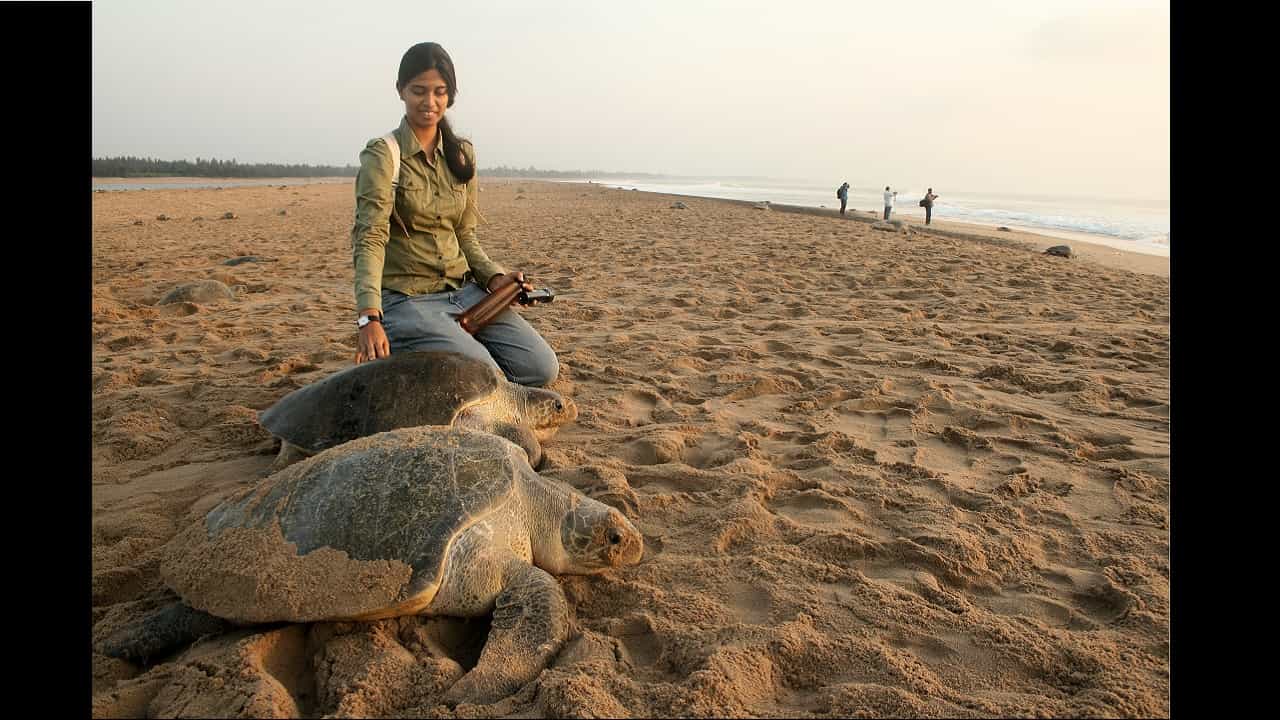Meet the first Indian woman to win prestigious Future for Nature award
Related Articles
Nora Fatehi Responds to Backlash Over World Peace Appeal Amid Rising Global Tensions
Bollywood actress Nora Fatehi has addressed online criticism following her call for world peace at a time of escalating tensions in the Middle East,...
Russia to Supply 9.5 Million Barrels of Oil to India Amid Supply Disruptions
Russia is prepared to redirect a substantial shipment of oil to India as a response to recent supply disruptions from the Middle East. Approximately...
Ranbir Kapoor, Aryan Khan, and Varun Dhawan Gather at a Friend’s Birthday Celebration
Actors Ranbir Kapoor, Aryan Khan, Varun Dhawan, Ahan Shetty, and Arjun Kapoor were spotted together at a private birthday event, with images and videos...


